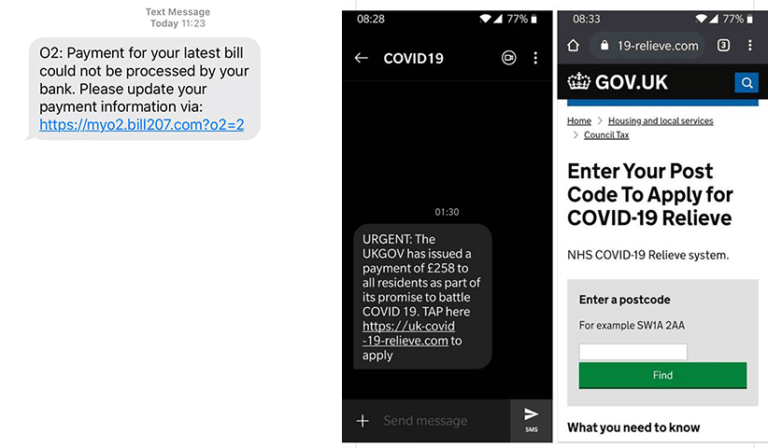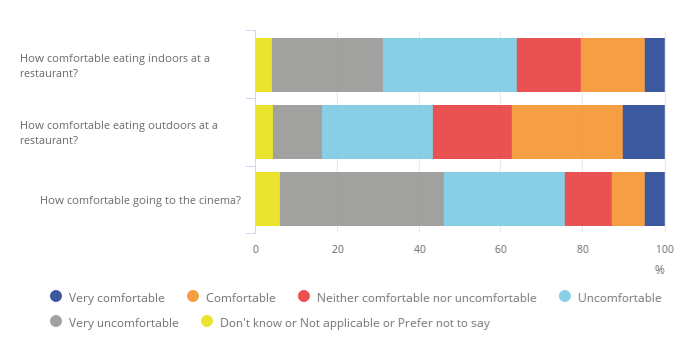A mortgage holiday could cost you £1,331.95
Last week, the government announced that its mortgage repayment holiday initiative would be extended to the end of October.
Homeowners can now choose to pause payments to their mortgage for up to six months – after getting approval from their lender first, of course. I mentioned that there will be some costs involved.
Now, research from money.co.uk suggests that the average homeowner taking out an extension to the mortgage holiday (a full six month break) could end up paying an extra £1,331.95 on average, as interest rates continue to accumulate during this time. Meanwhile, those taking a three month break will likely owe an extra £665.08 on average.
The extra cost is worth bearing in mind – you should only take a mortgage holiday if you are struggling financially, and not because you want to put the money in a savings account, for example.
Taking a mortgage holiday doesn’t affect your credit ratings at the moment, but Nationwide has suggested that those who take an extension should have a temporary mark on their file.
It’s only a suggestion at this stage but it could affect your ability to get further credit, including credit cards and loans if enough banks lobby it into a reality.







